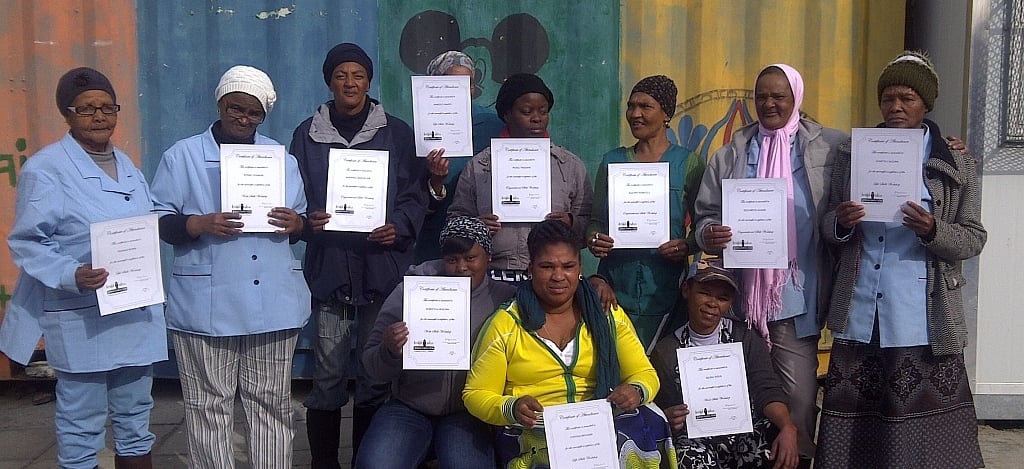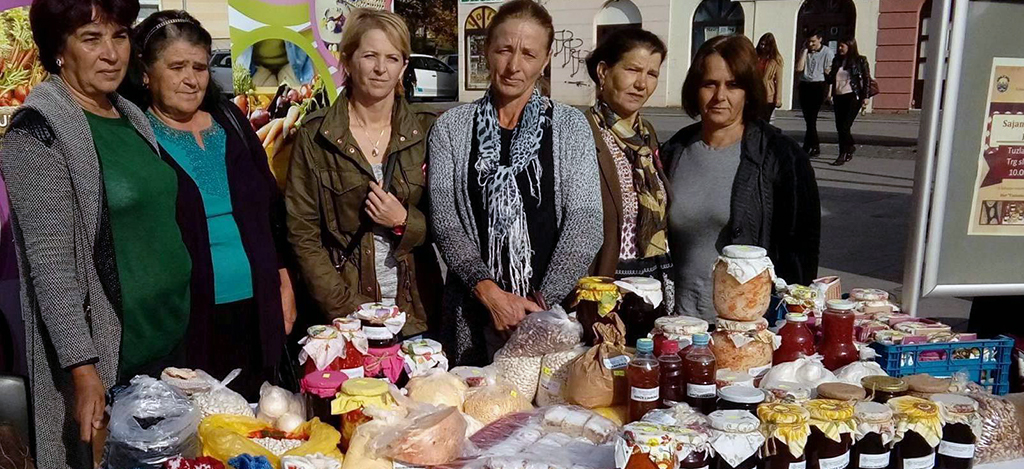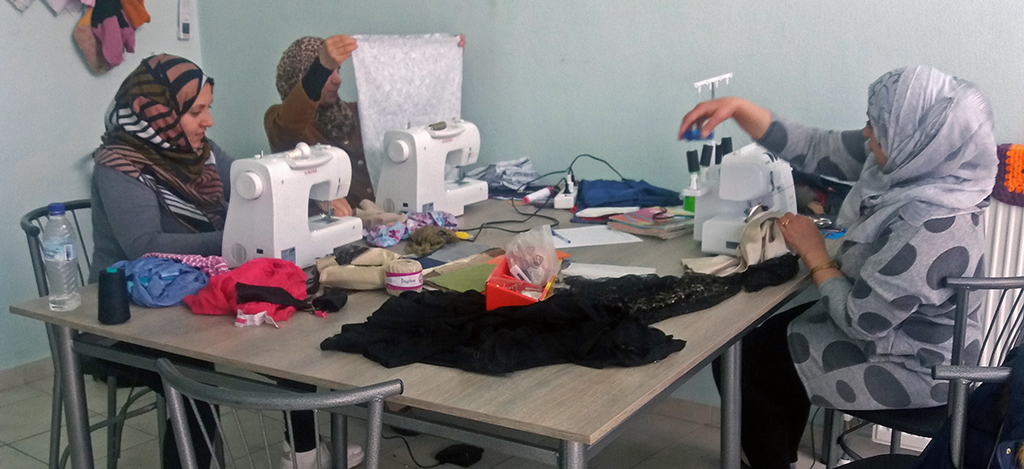Economic independence/securing livelihoods in urban and rural areas
In many countries, women experience discriminatory inheritance and property rights. They are not allowed to own land, inherit goods or assets, and cannot open a bank account without the consent of their husbands.

Less than 10% of global assets in are the hands of women
Worldwide, women own less than 10% of global assets. Economic independence is difficult and often even impossible for women. This forces them to depend on their husbands or family. In other words: The global resources and means of production are almost exclusively in the hands of men.
Thus far, international agreements, such as the CEDAW (Convention on the Elimination of all Forms of Discrimination Against Women), have done little to change this. According to a report from the World Economic Forum, the “Gender Gap Report 2014”, the gap between men and women in terms of economic participation and equal opportunities is 60%.
Lower payment with the same qualifications
Access to the formal labour market is often more difficult for women than for men. This is true even in cases in which they have a comparably or better level of training. Women are paid less than men with equal qualifications and duties. If business is not doing well, it is often women who are the first to go.
According to the Gender Gap Report 2014, the equality of men and women in the workplace – at the current rate of development – will only be reached in 2095(!).
Informal sector and unpaid care work
In order to generate income independently, women frequently enter the so-called informal sector. They work as street vendors, for small “underground” companies, as rural workers or (unpaid) workers in agriculture for the family.
Even worse, women are responsible for mostly all of the care work in the family: raising children and working in the household, nursing and caring for older family members, and providing assistance in the neighbourhood. This care work is rarely paid for or socially secured. It is not included in economic statistics and is also hardly recognised as work in society.
Empowering women to economic independence
The project work of the Women’s World Day of Prayer in the area of “Economic independence/securing livelihoods in urban and rural areas” has two strategies for economic empowerment of women:
For one, women can be prepared to adequately take care of their own livelihoods. On the other hand, they can be strengthened in standing up for their own interests.
- Setting up/expanding small and medium-sized enterprises in agriculture, crafts and trade
- Alternative production and marketing systems
- Alternative financial systems (keywords: affordable loans, start-up capital)
- Strengthening/legal anchoring of inheritance and property rights for women and girls
- Representation of interests in favour of fair working conditions
- Promoting the revaluation of private and public care work and its fair distribution between the sexes (“care economy”)
Examples of projects by the Women’s World Day of Prayer in the area of “Economic independence/securing livelihoods in urban and rural areas” (in German):

Project in Bosnia-Herzegovina

